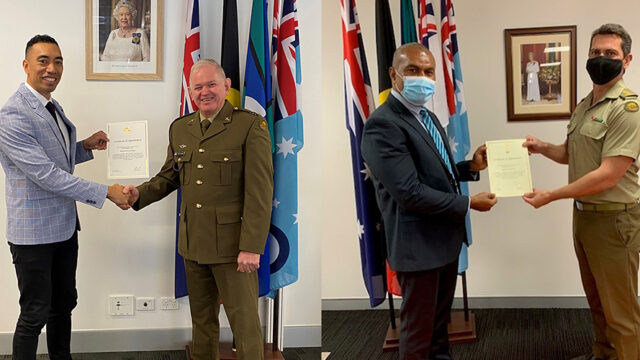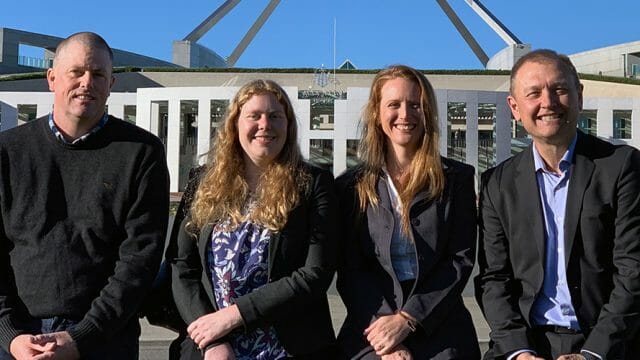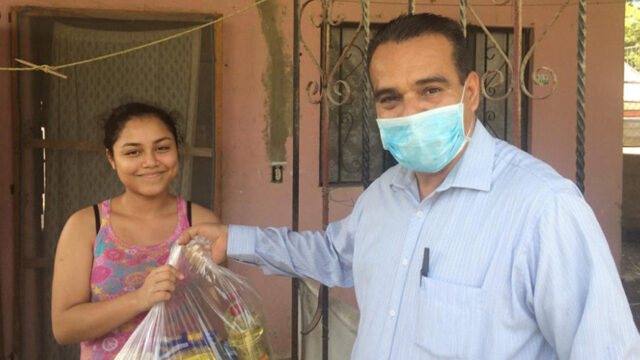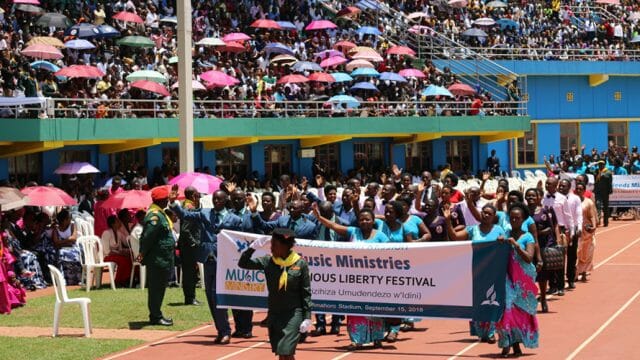Initiatives will benefit those who most need it, including refugees.
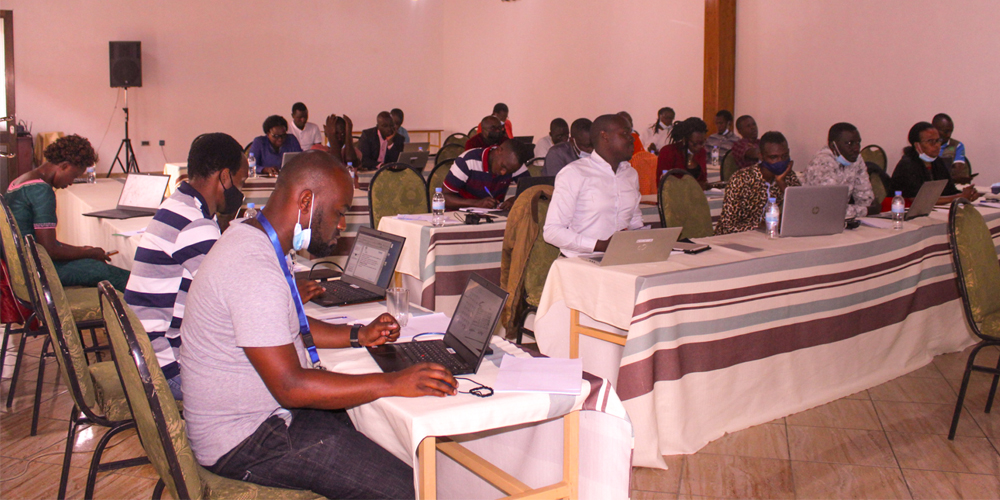
Several recent initiatives by the Adventist Development and Relief Agency (ADRA) in Rwanda are set to benefit those with the greatest need, especially refugees. The humanitarian agency of the Seventh-day Adventist Church has recently provided or supported important training in order to remain faithful to its stated purpose of “serving humanity so all may live as God intended.”
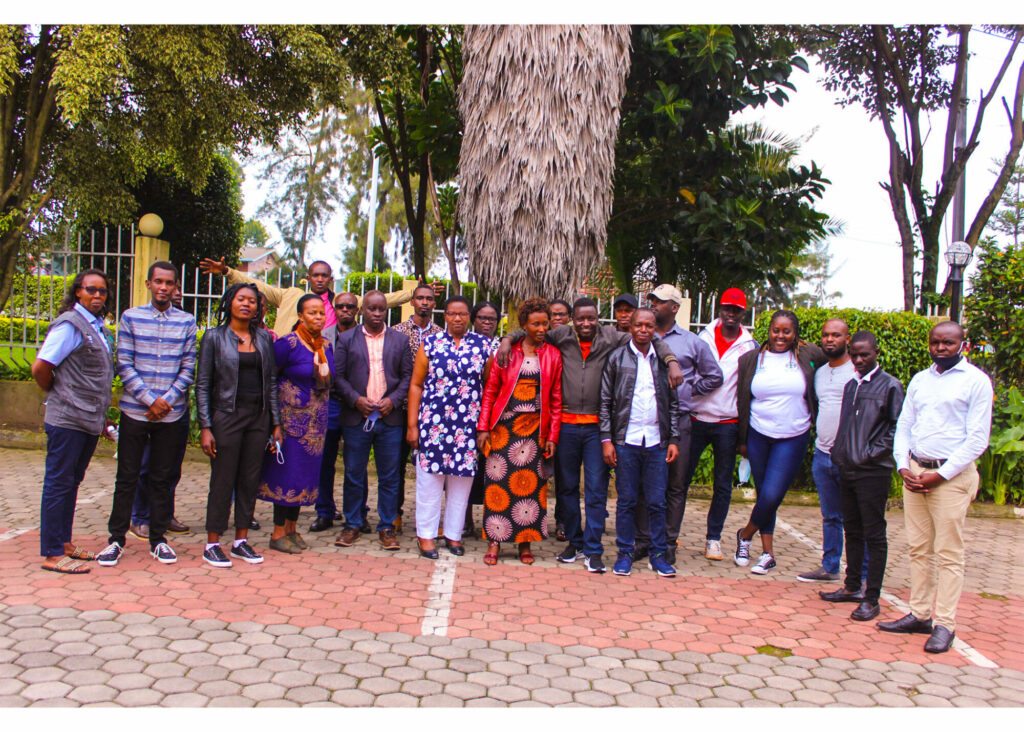
Below are two of the latest examples.
ProFuturo Connected Learning Project
ProFuturo is a connected learning project implemented by ADRA Rwanda with financial support from the ProFuturo company, based in Spain, in partnership with the United Nations High Commissioner for Refugees (UNHCR).
The project has been operating in Mahama refugee camp primary schools and host communities since May 2021. The project’s main activity is to assist teachers and learners of upper primary level to teach and learn using donated digital devices (servers, tablets, routers, projectors) and other tools.
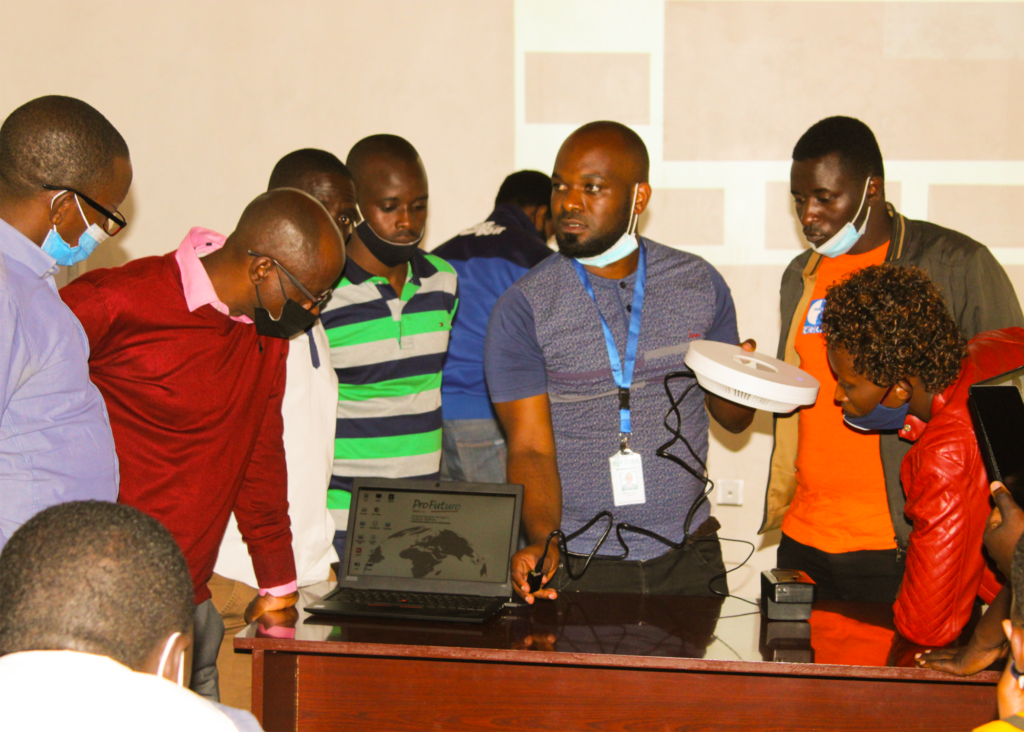
Against this background, ADRA Rwanda has helped train more than 120 teachers in innovative skills, educational transformation, and digital education. ADRA has assisted them in class teaching with the aforementioned devices and related platforms.
“To empower the school officials with skills to implement, follow up, and evaluate the digital teaching and learning process, ADRA Rwanda (through ProFuturo and with the presence of some officials from the UNHCR) conducted a five-day training in late December 2021,” ADRA Rwanda leaders said. Head teachers, deans of studies, data managers, sector education inspectors, and education coordinators and facilitators attended.
Nutrition, Health, and Hygiene
Earlier in December 2021, ADRA Rwanda, in collaboration with the World Food Programme (WFP), through the Warehouse Management and School Feeding Project, conducted a two-day training on nutrition, health, and hygiene in the Rubavu District.
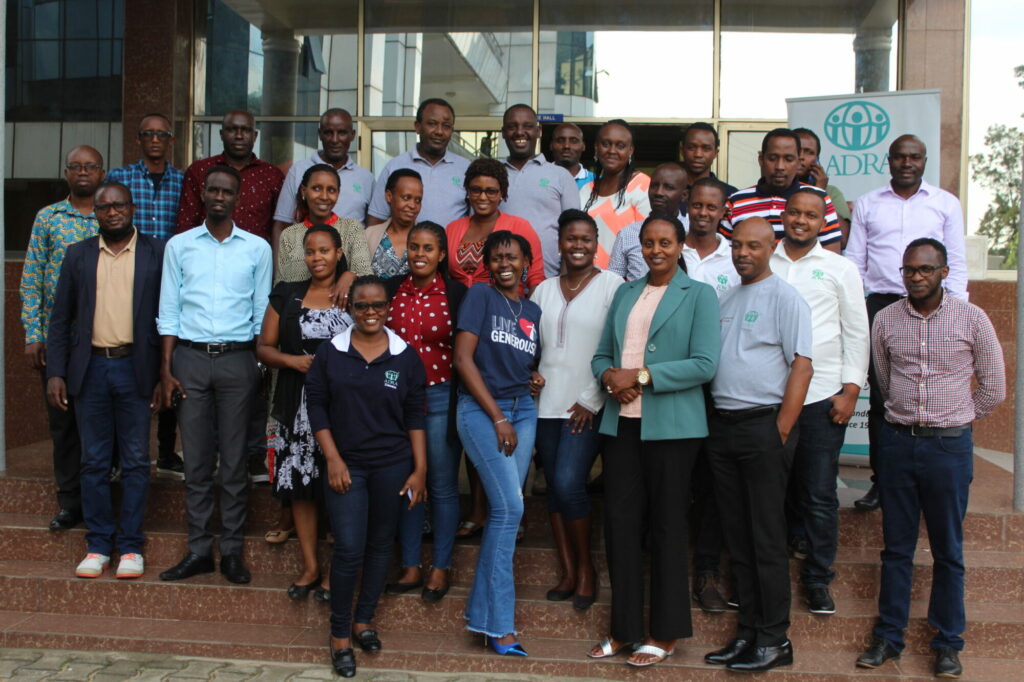
“The purpose of this training was to strengthen and equip the staff for improved performance in their day-to-day work while serving the beneficiaries,” ADRA Rwanda leaders said. The training also aimed at enhancing the staff capacity in dealing with gender-related issues in health and hygiene, particularly for boys and girls at different ages, but also for men and women.
During the training, the staff was oriented on proper and recommended food handling and management practices, ADRA leaders reported. “With the acquired knowledge and skills, the staff committed to excel in their duties by adopting and applying what they have learned,” they said.
The original version of this story was posted here and here by the Adventist Development and Relief Agency in Rwanda.


